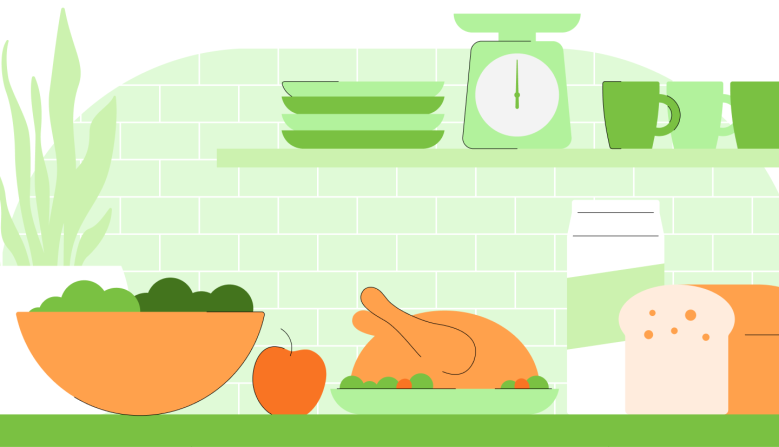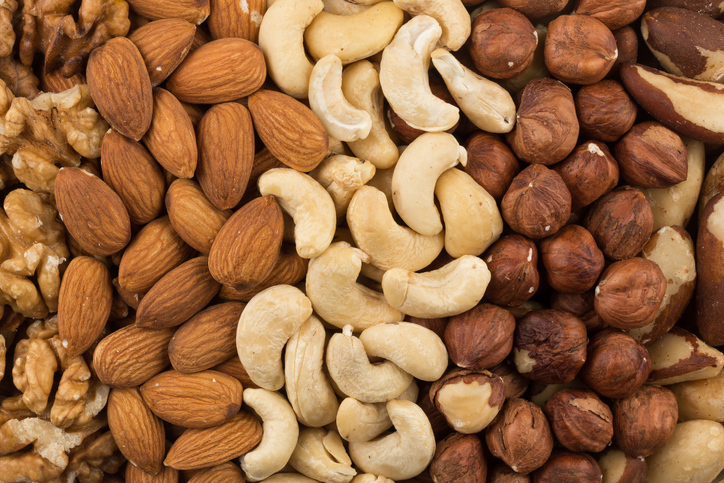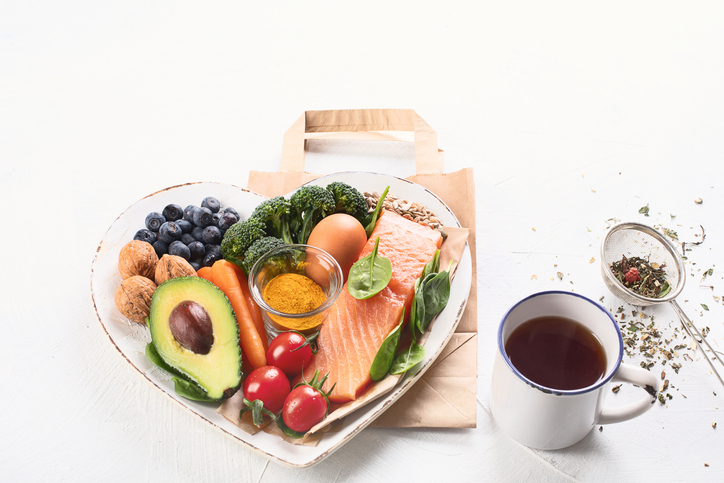Starting a Plant-Based Diet? Here’s What to Know First



Plant-based eating is a popular nutrition topic these days, but actually defining it can be confusing. Plant-based foods are part of a larger health movement that focuses on eating more vegetables, fruits, whole grains, legumes (beans, peas and lentils), nuts and seeds, and less meat, poultry, fish, eggs and dairy. Here’s another way to look at it: Fill your plate with mostly plants and you’ll naturally edge out some of those animal products.
Why should you eat a more plant-based diet? Packing these foods into your diet may be the best thing you can do for your health and for the planet. Read on to find out why.
1. Plant-based foods are better for the environment.
Adding more plant-based foods to your diet can help reduce your carbon footprint (the amount of greenhouse gases produced by your diet and other lifestyle choices). Raising animals for food takes a toll on the environment. Meat and poultry production facilities draw on large quantities of natural resources to operate, increase the amount of greenhouse gases in the atmosphere and can also pollute surrounding ecosystems. According to a 2016 report published in the Journal of the Academy of Nutrition and Dietetics, “70% of all water pollution in rivers and lakes in the United States is a result of pollution from animal farms.”
Whenever possible, choose plant-based foods grown locally—to minimize the distance your food travels from the farm to your dinner table.
2. Plant-based foods are full of fiber.
A complex carbohydrate found in the cell walls of plant-based foods, fiber has many health benefits. Eating high- fiber foods can help keep you feeling satisfied between meals and help you stay at a healthy weight (or possibly even lose weight). A high-fiber diet is also associated with a lower risk of chronic diseases such as type 2 diabetes and heart disease. Lastly, high-fiber foods promote a healthy gut by regulating digestion. Good sources of fiber include avocado, raspberries, sweet potatoes (skin included) and oatmeal.
3. Plant-based protein is just as beneficial as animal protein.
A common misconception surrounding plant-based foods is that the protein they deliver isn’t as good for you as the protein found in meat. While most plant proteins aren’t “complete” proteins in the way animal proteins are, a 2017 study in The American Journal of Clinical Nutrition found that plant- and animal-based proteins are equally beneficial when it comes to building muscle in your body. Yes, a serving of red meat is high in protein, but it’s also high in saturated fat. Plant protein, which is much lower in fat and is rich in fiber, is a win-win nutrient.
Legumes, such as lentils, chickpeas, black beans and soybeans, are some of the best plant-based protein sources you can find, while leafy greens such as spinach are close behind.
Ideally, a plant-based diet should consist of whole, unprocessed foods free of added sugars and artificial ingredients. Go forth and pile your plate high with foods such as leafy kale, vibrant berries, nutty quinoa, lentils, almonds, flaxseeds and more.
© Meredith Operations Corporation. All rights reserved. Used with permission.

















